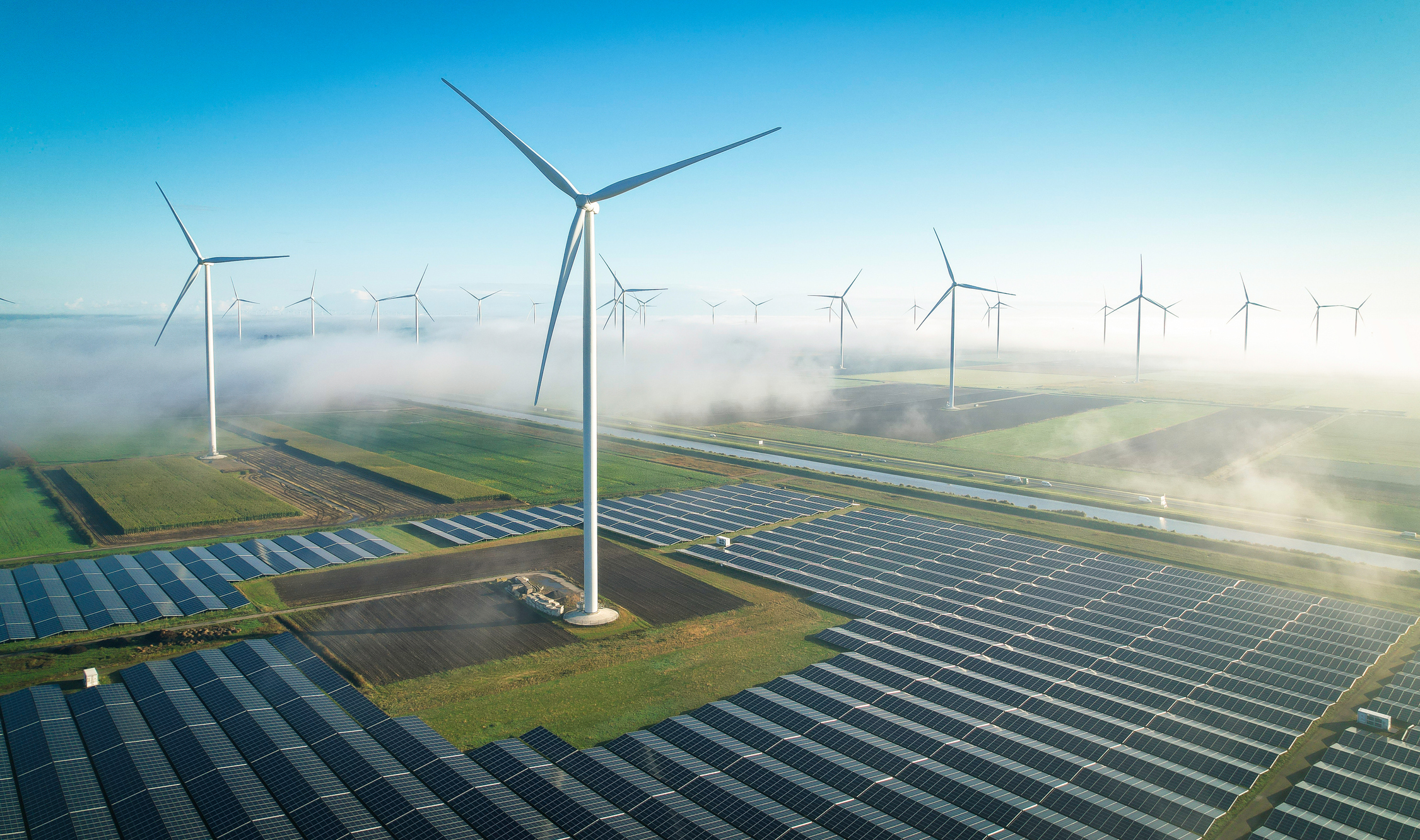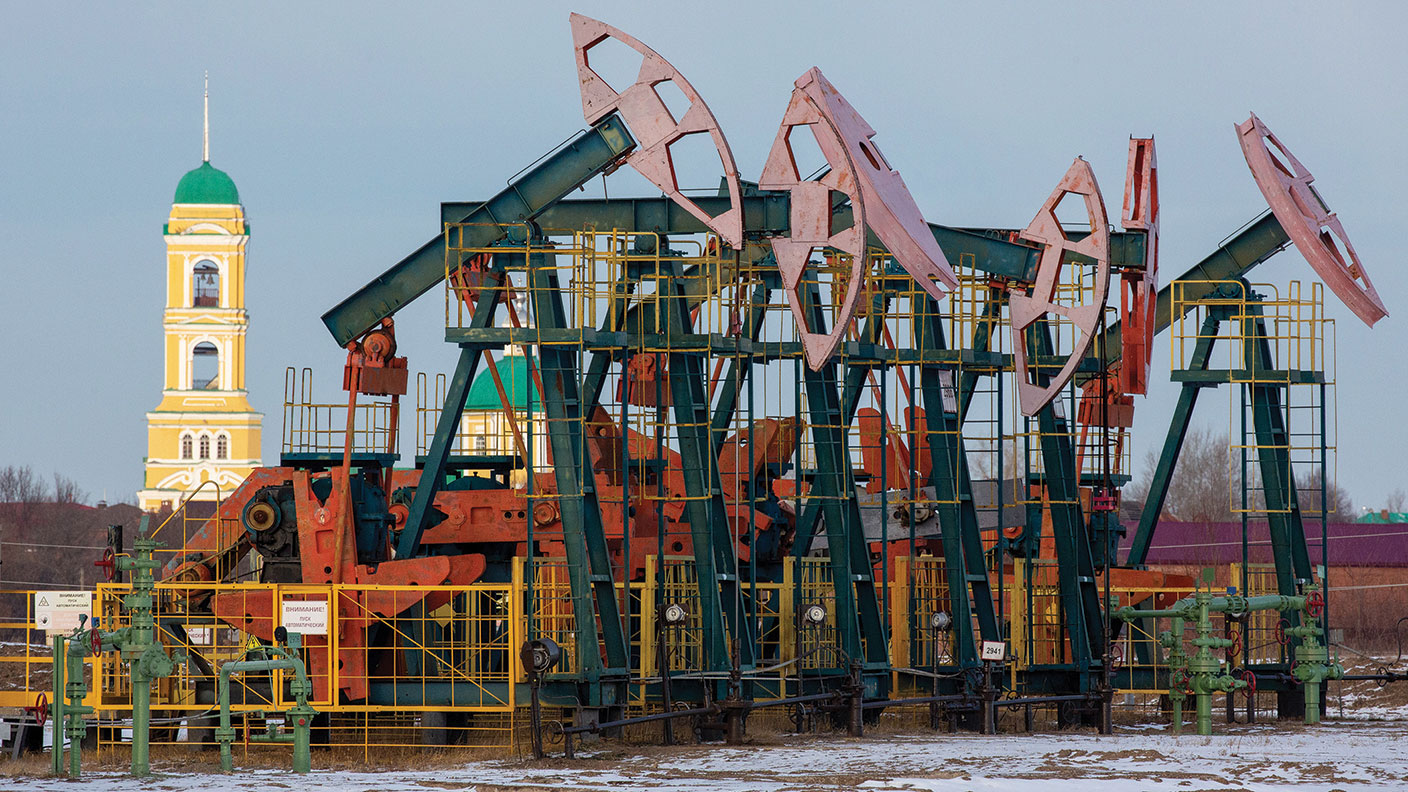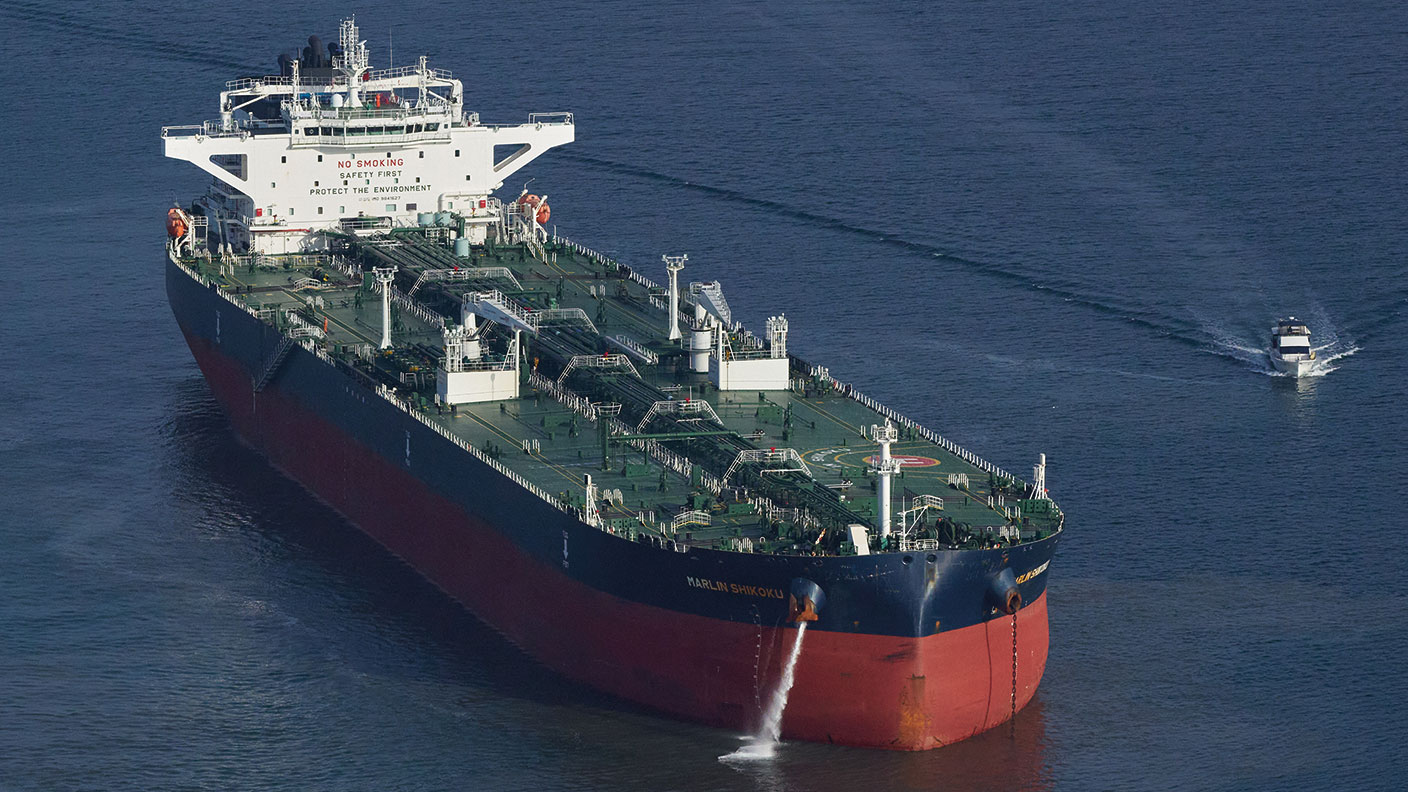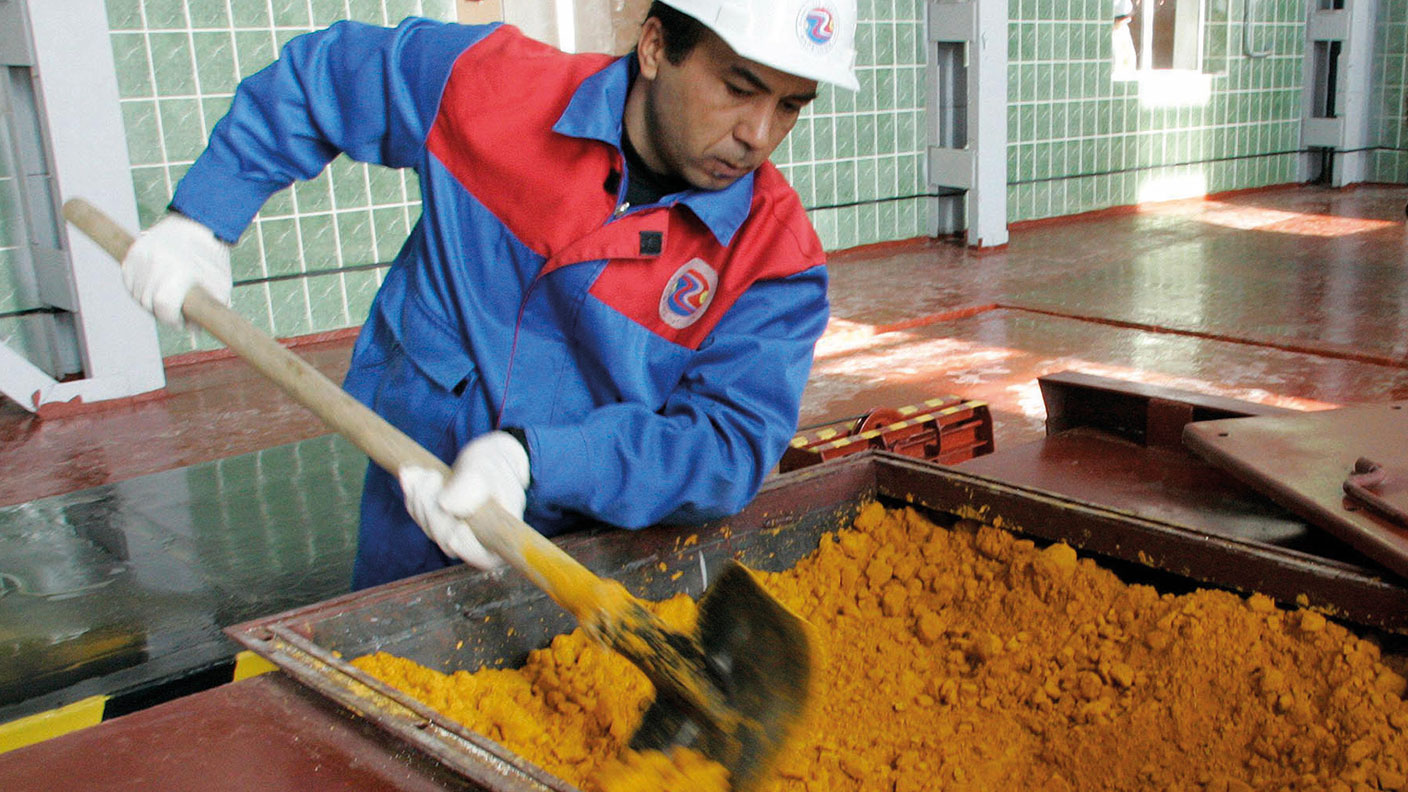Opec turns on the taps again
Oil cartel Opec's decision to raise production was seen as bullish for the oil price, even though a lot more crude is heading to market.

Get the latest financial news, insights and expert analysis from our award-winning MoneyWeek team, to help you understand what really matters when it comes to your finances.
You are now subscribed
Your newsletter sign-up was successful
Want to add more newsletters?

Twice daily
MoneyWeek
Get the latest financial news, insights and expert analysis from our award-winning MoneyWeek team, to help you understand what really matters when it comes to your finances.

Four times a week
Look After My Bills
Sign up to our free money-saving newsletter, filled with the latest news and expert advice to help you find the best tips and deals for managing your bills. Start saving today!

Few expected last week's Opec meeting to amount to much. In the run-up, the oil exporters' cartel was at loggerheads, while Donald Trump was shouting from the sidelines. The president was berating Opec for cutting output and keeping oil prices and hence US petrol prices high; in the meantime, Iran, which accounts for 12% of the group's output, was strongly opposed to top producer Saudi Arabia's plan to raise production, largely because new US sanctions mean it will have trouble cashing in.
So the fact that the cartel "came together in the end" was seen as bullish for oil, says The Wall Street Journal's Spencer Jakab. Prices bounced, even though the upshot is that "a lot more crude is headed to market". Opec said it wanted to raise production by around 700,000 barrels per day (bpd); throw in a production boost from Russia, and the total output increase will probably be around one million barrels per day.
Output cuts mopped up the glut
Oil prices have surged by 160% since early 2016, when they dipped below $30 a barrel. Having flooded the market with oil in 2014 to bankrupt the emerging US shale industry, Opec abandoned that mission as shale producers cut costs and survived; sliding oil revenue was also hurting the cartel members. A deal with Russia to cut output and raise prices mopped up most of the glut and propelled Brent crude over $70. Now they want to "take the heat out of prices", says Liam Halligan in The Sunday Telegraph. Nobody wants a repeat of the oil spikes of the 1970s and 1980s, when high prices caused global downturns. They also want "to dent the profitability" of US shale drillers, to whom they have lost market share. The shale sector has expanded on the back of higher prices in the past two years. US output jumped by 6% in 2017, eclipsing 13 million bpd more than both Saudi Arabia and Russia.
MoneyWeek
Subscribe to MoneyWeek today and get your first six magazine issues absolutely FREE

Sign up to Money Morning
Don't miss the latest investment and personal finances news, market analysis, plus money-saving tips with our free twice-daily newsletter
Don't miss the latest investment and personal finances news, market analysis, plus money-saving tips with our free twice-daily newsletter
Will prices now fall?
While more oil is on the way to market, a sudden reversal of the oil bull market is not on the cards. As Louis-Vincent Gave says in a Gavekal Research note, demand is rising by about 1.5 million bpd a year, which suggests it could soak up the Opec-Russia rise with room to spare. Furthermore, predicting Opec output is never an exact science and especially not now, as Venezuela's meltdown is badly damaging oil output. The extent to which US sanctions will remove Iranian crude from the market is also unclear.
Note too that while US shale drilling is becoming more efficient and cost-effective all the time, a lack of local pipeline capacity in a key oil-producing area, the Permian basin, will temporarily dampen production. Don't expect "the next surge in output" to reach the market before 2019, says Nick Butler in the Financial Times. However, at that point downward pressure on prices will mount. By 2023, according to one estimate, the US will be exporting four million bpd, soaking up the expected increase in demand. By that stage, Opec and Russia will be struggling to pre-empt another sharp price slide.
Get the latest financial news, insights and expert analysis from our award-winning MoneyWeek team, to help you understand what really matters when it comes to your finances.

-
 Can mining stocks deliver golden gains?
Can mining stocks deliver golden gains?With gold and silver prices having outperformed the stock markets last year, mining stocks can be an effective, if volatile, means of gaining exposure
-
 8 ways the ‘sandwich generation’ can protect wealth
8 ways the ‘sandwich generation’ can protect wealthPeople squeezed between caring for ageing parents and adult children or younger grandchildren – known as the ‘sandwich generation’ – are at risk of neglecting their own financial planning. Here’s how to protect yourself and your loved ones’ wealth.
-
 Is the market missing the opportunity in energy?
Is the market missing the opportunity in energy? -
 The demand for oil is slowing and green energy is taking over
The demand for oil is slowing and green energy is taking overThe IEA forecasts oil demand growth to slow sharply in the next few years. The end of the era may be underway.
-
 Fuel prices could rise again as Opec cuts production
Fuel prices could rise again as Opec cuts productionNews Major oil-producing countries have decided to cut oil production by two million barrels per day – could this mean higher fuel prices?
-
 Why is the petrol price rising again?
Why is the petrol price rising again?Brits are being hit by a triple-whammy of increasing oil prices, a falling pound, and new fuel mix standards that are pushing up petrol prices
-
 How to invest in copper, the most important metal in the world
How to invest in copper, the most important metal in the worldCover Story As the world looks to electrify and try to move away from fossil fuels, copper looks set to be the biggest beneficiary. But how can you invest? Rupert Hargreaves analyses the sector.
-
 Oil shortage starts to curb demand
Oil shortage starts to curb demandNews The price of Brent crude oil is up by 475% since its March 2020 low. And when oil prices rise, people start to reduce consumption, leading to increased fears of a recession.
-
 An uncertain outlook for oil supply
An uncertain outlook for oil supplyNews Much of the speculative froth seems to have gone from the oil market, but sanctions on Russia is disturbing the crude oil supply.
-
 Why the uranium price is set to keep rising
Why the uranium price is set to keep risingNews Turmoil in Kazakhstan – the world's leading producer of uranium, has sent the uranium price up by more than 8% in a week. And that's not the end of it.